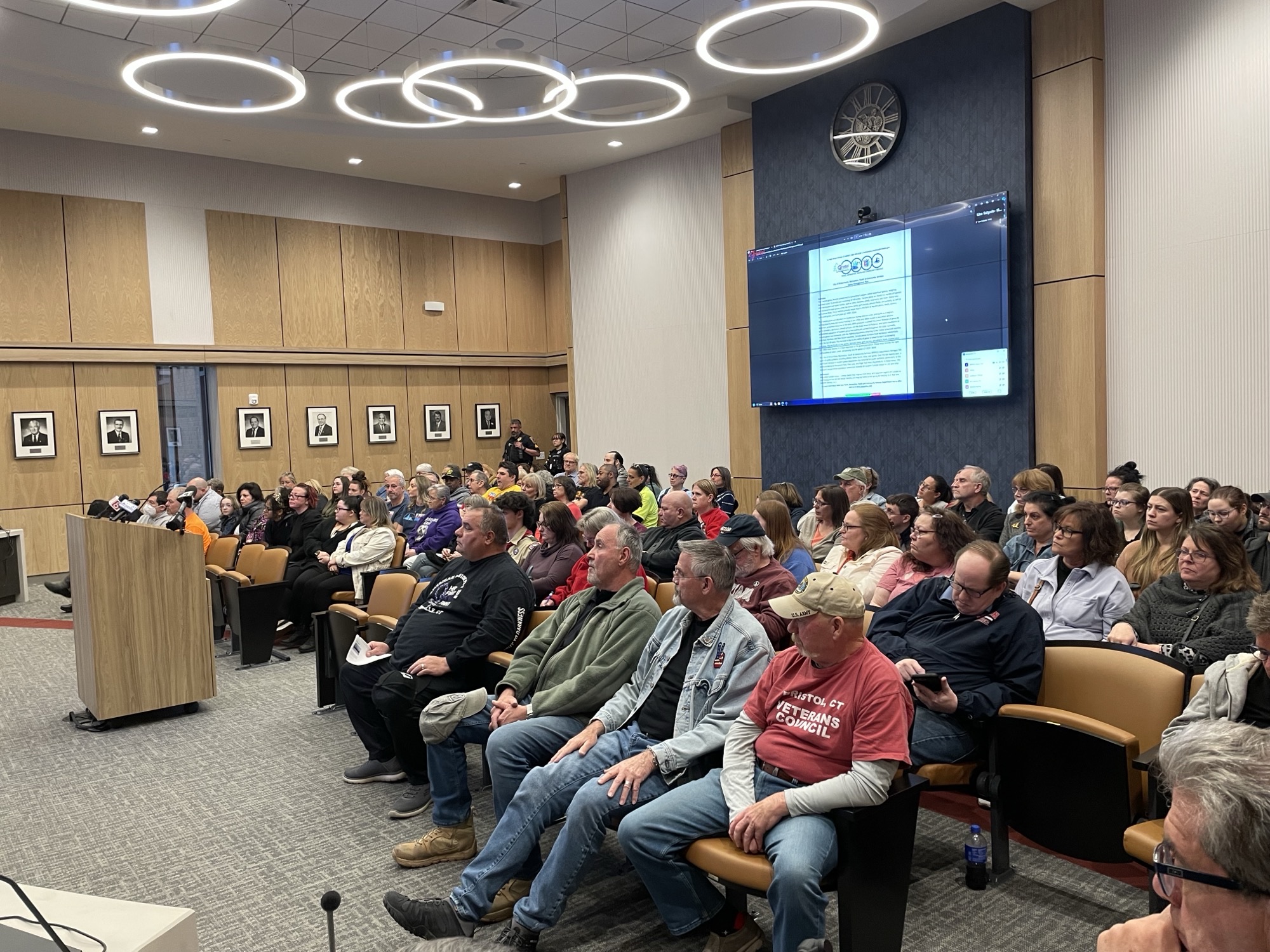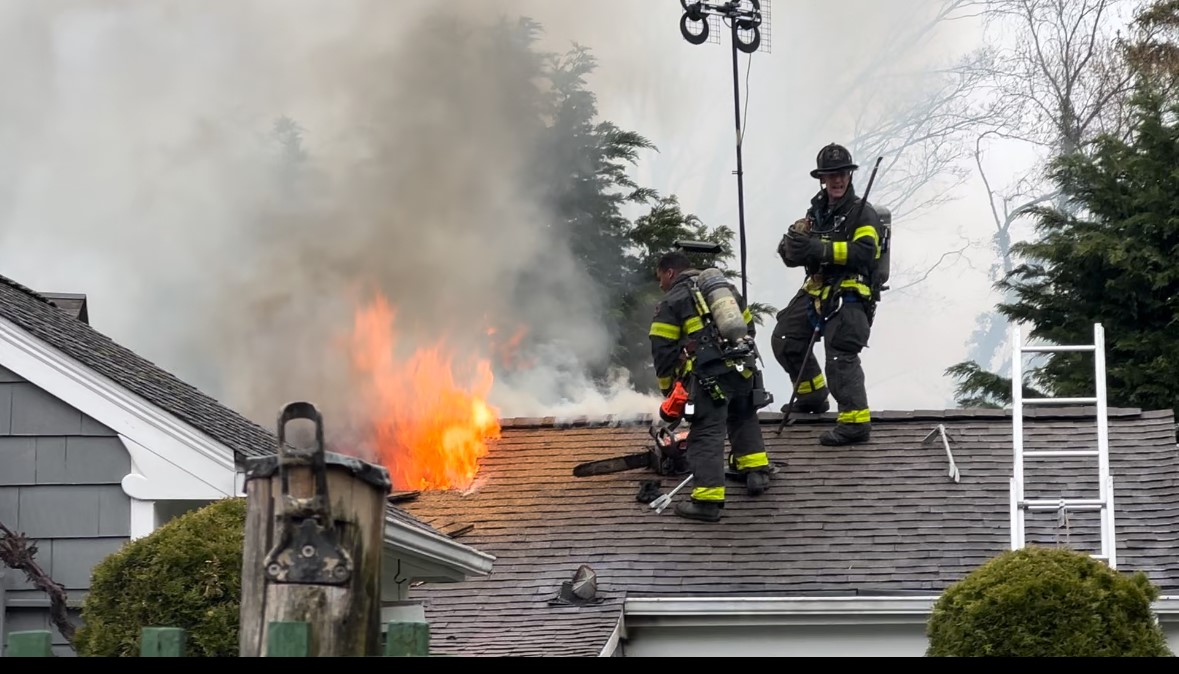State transportation officials are brainstorming ways to improve the heavily traveled section of Interstate 84 in Hartford, a project that's still years away but could mean big traffic changes.
"Normally, we’d try to maintain traffic flow during the course of construction, but there have been opportunities most recently in Connecticut where we have been able to accelerate construction and have some impacts of shorter duration," Richard Armstrong, a principal engineer with the Connecticut Department of Transportation, said of shutting down I-84 while improvements take place.
Armstrong described the possibility of shutting down the viaduct and all traffic on I-84 through Hartford as a "long shot."
Department of Transportation officials said there are four primary options for the future of the highway in Hartford: leave the traffic pattern untouched, make the highway a tunnel through downtown, lower the highway or build a new elevated structure.
Any proposal, according to Armstrong, requires study and will also demand patience from commuters.
"We need to really explore all possibilities, and I think the exploration is what we’re talking about. No final decisions for quite a while," Armstrong said.
I-84 carries an estimated 175,000 cars through Hartford every day.
Local
With that kind of volume, Rocky Hill Rep. Tony Guerrera, who chairs the General Assembly's Transportation Committee, said there are politics to be considered.
Guerrera describes the situation as a "catch-22" for taxpayers and commuters.
"If we do close it, we’re going to get push back on it. If we don’t, the project could last from five to six years and we hear complaints every day. So you can’t have it both ways," Guerrera said. "That’s the construction industry out there. There’s no perfect way of doing it."
He said he's heard from constituents loud and clear that they want better roads and bridges, and they support the governor's 30-year, $100-billion plan to improve the state's transportation system.
"We need to build an infrastructure in this state that can move people form point A to point B in the quickest amount of time, so they’re not held up in traffic," he said.
For now, any talk of a shutdown is early at best, according to Armstrong. He said officials are gauging how people may feel about such a drastic proposal, likely years before any shovels would be in the ground.
Armstrong said the public has been supportive of such ideas in the past.
"A lot of the public seems to find that they’re willing to live with temporary impacts if we can get our job done that much sooner," he said.



